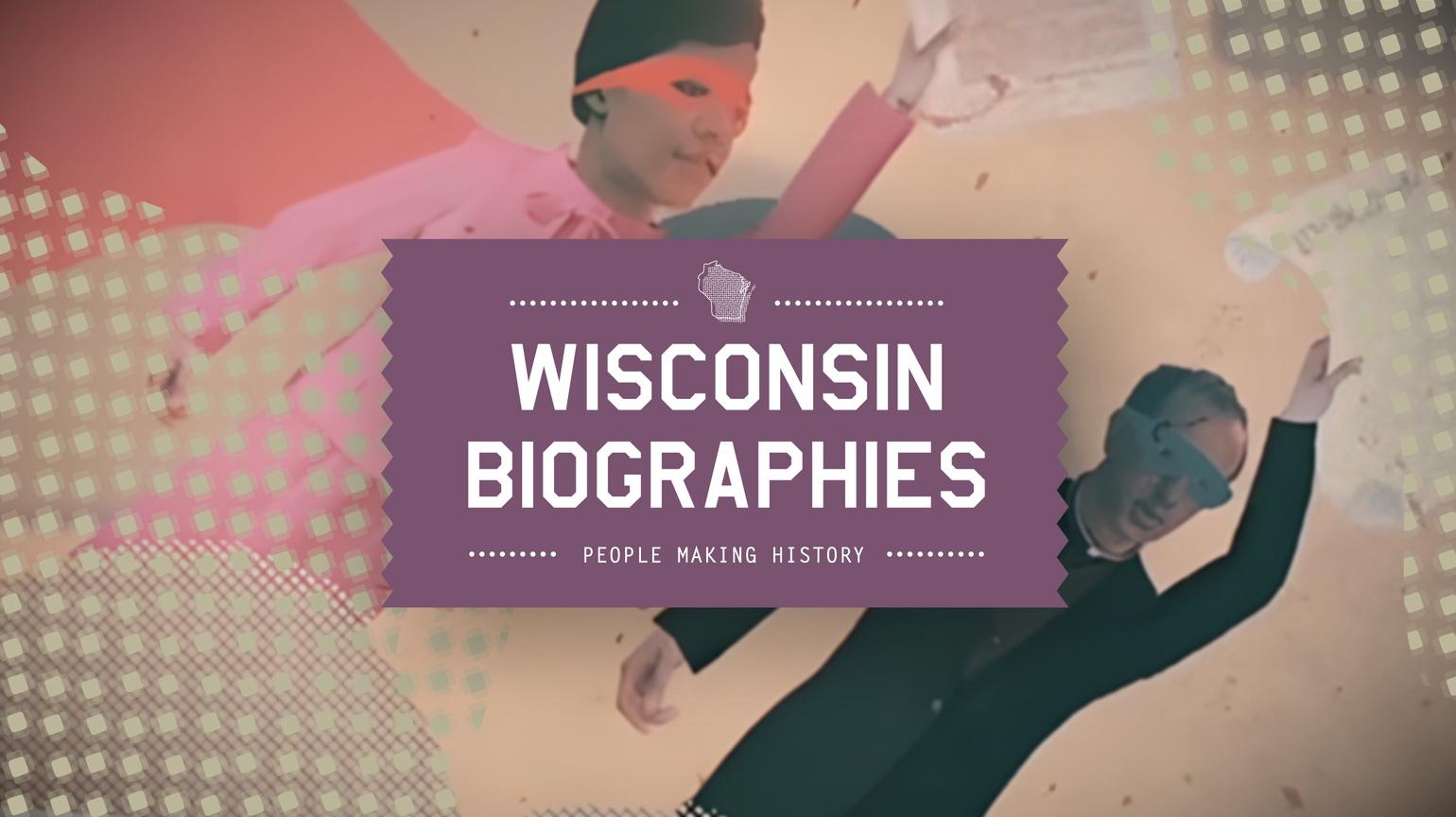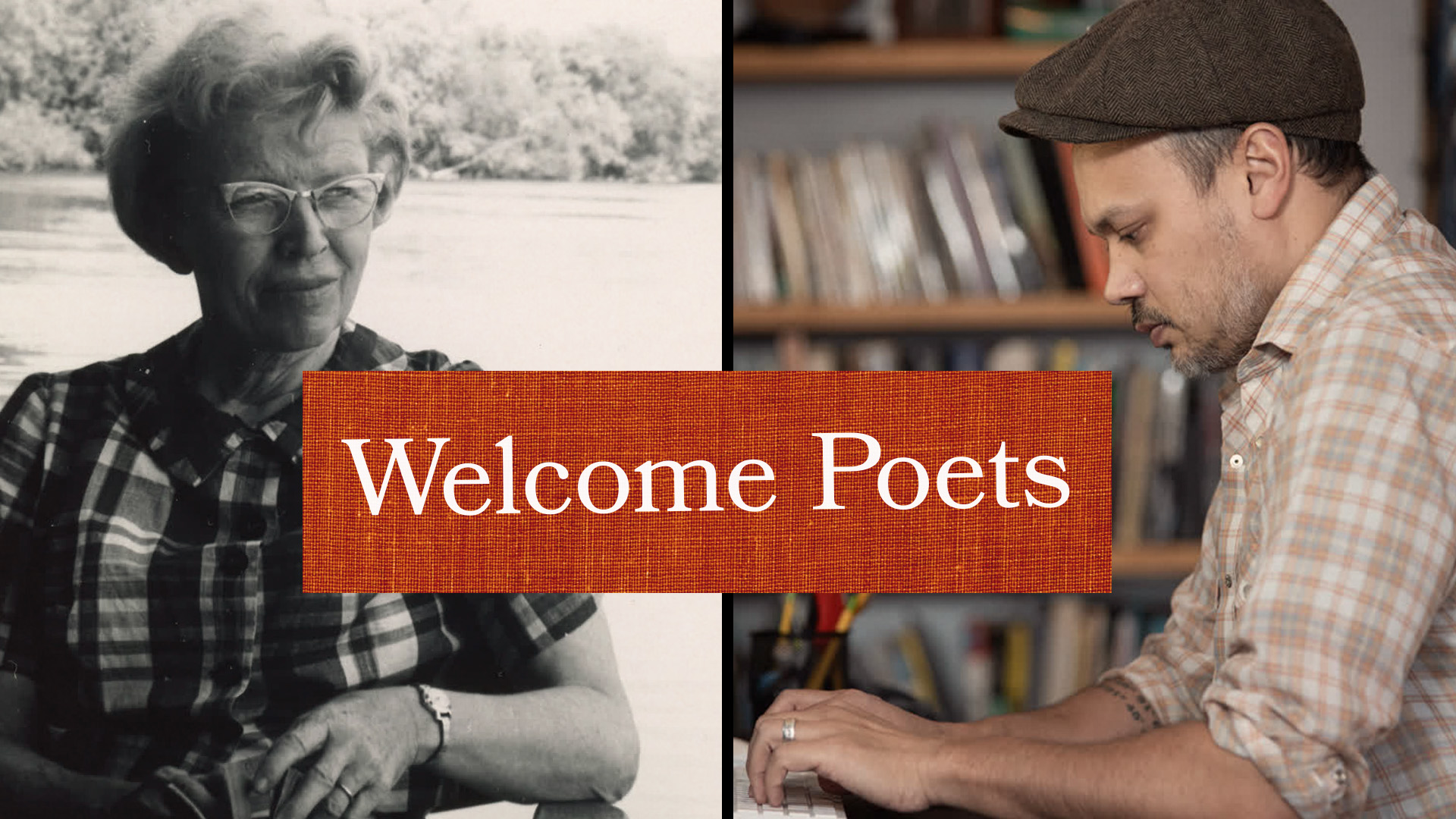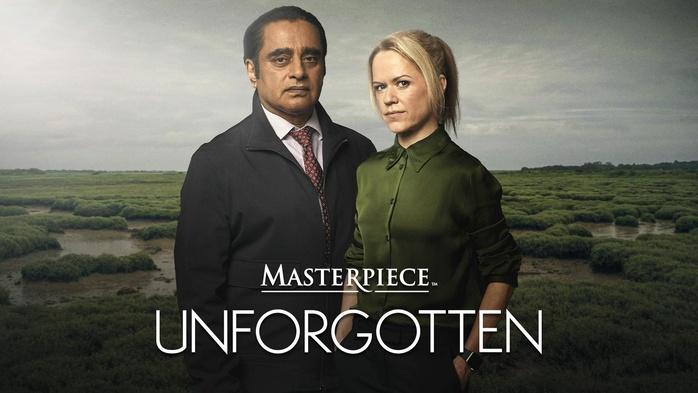Frederica Freyberg:
Next week, Enbridge and the DNR will present their cases in the fourth public hearing on the proposed reroute of Line 5. Jennifer Smith is the director of U.S. tribal engagement for Enbridge. She joins us now. And thanks very much for being here.
Jennifer Smith:
Thanks for having me.
Frederica Freyberg:
So, as you know, the legal fight over Line 5, as it’s known, has been ongoing for years. Why is it worth it to your company to persist?
Jennifer Smith:
Sure. So the project that we’ve proposed is related to our Line 5 pipeline. Line 5 is critical for supplying the energy that our Midwest, Great Lakes regions all rely on. Millions of us every day are using the end products that Line 5 is transporting to ten different refineries. It’s providing natural gas liquids to other companies that will extract the propane and deliver it to the homes throughout the region. And so we have a responsibility to make sure that we can continue to safely deliver that energy that we’re all relying on. And the project — we proposed this project almost five years ago, over four years, and initiated the project permits, because this is in response to the Bad River Band’s request that we remove Line 5 from the reservation, which it currently crosses.
Frederica Freyberg:
So your company has an indigenous reconciliation action plan that includes acknowledging an historical lack of inclusion of indigenous people and their wellbeing. Additionally, the Enbridge CEO states, we have learned that what we do today impacts the next seven generations, and we have a responsibility, he says, to preserve and care for the land, learn from her original inhabitants and move forward together in the spirit of healing, reconciliation and partnership. We take these responsibilities seriously. So how does that statement square with the pitched legal fight with the Bad River over Line 5?
Jennifer Smith:
In specific to the Indigenous Reconciliation Action Plan, our first plan was issued in 2022. That – we call it the IRAP – identified 22 tangible commitments and actions that we can take as a company to try and work with tribal communities. And since that time, you know, there have been a number of successes to that in terms of, you know, making sure that our tribal contractors, tribal community members are able to work with Enbridge and economically participate in what is it that we do. I will point out that, you know, it was the band that sued Enbridge back in 2019 regarding Line 5 crossing the reservation. And so even with, you know, we are full steam ahead on this project, we fully expect to see the permits get reaffirmed. But at the same time, we, we want to work with the Bad River Band and tribal community to — we’d rather work together.
Frederica Freyberg:
How do you respond to the concerns from those challenging the permit that a pipeline spill could impact the tribal communities’ very way of life that depends on clean water and wetlands for food sources?
Jennifer Smith:
First of all, I’ll say we all depend on clean water as humans, and so we all have a vested interest in safety and environmental protection. You know, we are operating these pipelines. There are hundreds of thousands of miles of pipelines across the U.S. that operate every day quietly, safely. We don’t hear about them. And so, you know, Enbridge for one, has invested billions of dollars over the years into the integrity of our systems. We are monitoring these pipelines 365 days a year, 24 hours a day, seven days a week. We are continuously running tools and doing checks to make sure that we know the integrity of our pipeline. We know that it’s safe.
Frederica Freyberg:
So what happens if this reroute is rejected?
Jennifer Smith:
The DNR did an environmental impact statement, which was done over four plus years, and it concluded that those impacts will be minimal, temporary and localized, just like with most, if not any, you know, all construction projects. And so we fully believe that when we get through the contested case process, the permits will be affirmed and we’ll be able to start construction, and we’re ready to do that as soon as we get all the approvals required.
Frederica Freyberg:
Jennifer Smith from Enbridge, thanks very much.
Jennifer Smith:
Thanks for having me.
Search Episodes

Donate to sign up. Activate and sign in to Passport. It's that easy to help PBS Wisconsin serve your community through media that educates, inspires, and entertains.
Make your membership gift today
Only for new users: Activate Passport using your code or email address
Already a member?
Look up my account
Need some help? Go to FAQ or visit PBS Passport Help
Need help accessing PBS Wisconsin anywhere?

Online Access | Platform & Device Access | Cable or Satellite Access | Over-The-Air Access
Visit Access Guide
Need help accessing PBS Wisconsin anywhere?

Visit Our
Live TV Access Guide
Online AccessPlatform & Device Access
Cable or Satellite Access
Over-The-Air Access
Visit Access Guide
 Passport
Passport






Follow Us